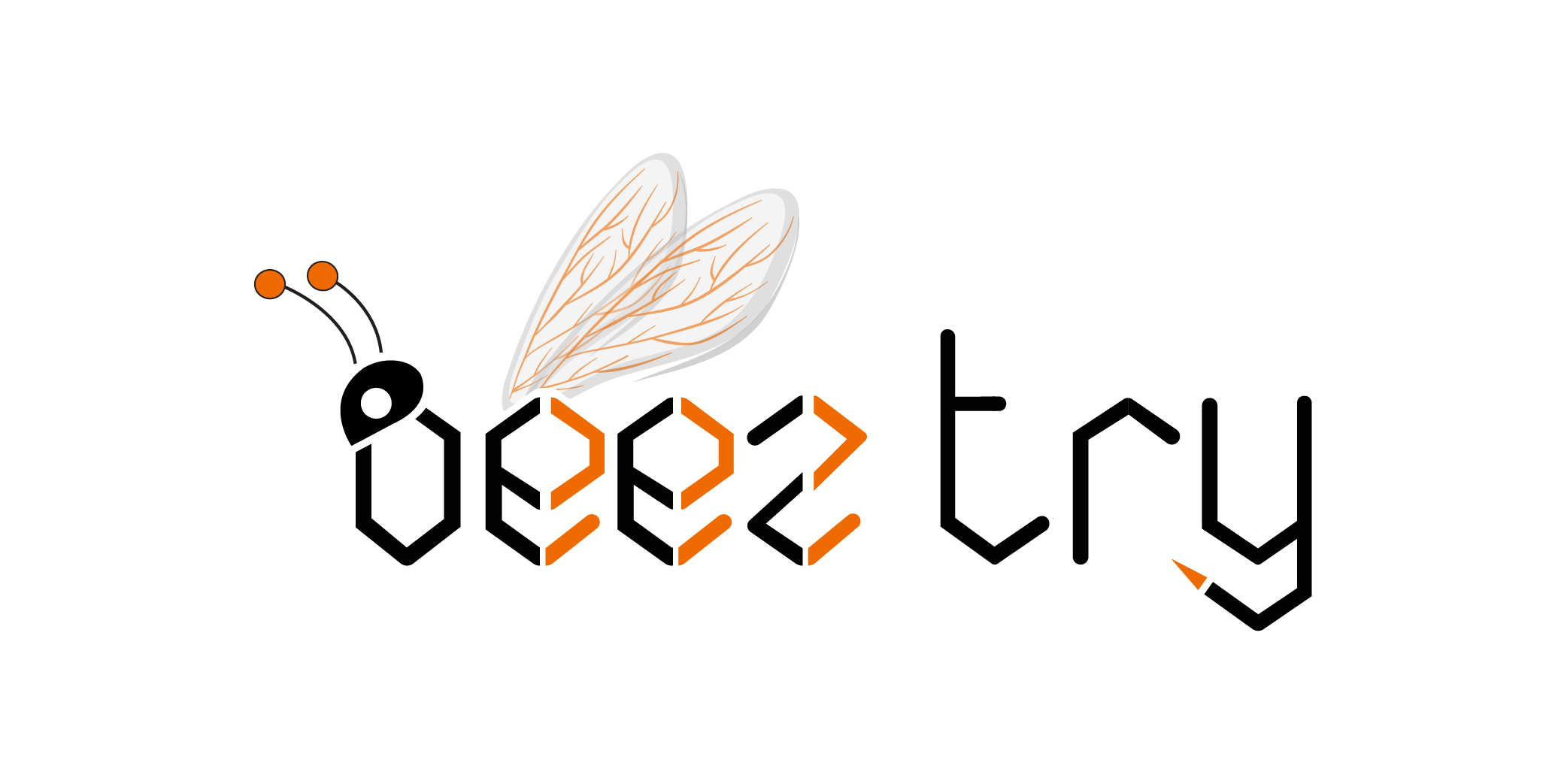Introduction
Artificial Intelligence (AI) has become an integral part of the business world, revolutionizing the way companies operate and make decisions. For startup businesses, implementing AI can provide numerous benefits, such as increased efficiency, improved customer experience, and enhanced decision-making capabilities. However, integrating AI into a startup can be a complex process that requires careful planning and execution. In this guide, we will explore the essential steps to successfully implement AI in your startup business.
1. Define Your Goals
Before diving into AI implementation, it is crucial to clearly define your goals and identify the specific areas where AI can add value to your startup. Whether it’s automating repetitive tasks, analyzing large datasets, or improving customer service, having a clear understanding of your objectives will help you choose the right AI solutions and set realistic expectations.
2. Assess Your Data
AI relies heavily on data, so it is essential to assess the quality and quantity of your existing data. Evaluate whether your data is clean, structured, and sufficient to train AI models effectively. If your data is lacking, consider implementing data collection mechanisms or partnering with third-party providers to ensure you have the necessary data to power your AI initiatives.
3. Choose the Right AI Solutions
There are various AI solutions available in the market, ranging from off-the-shelf software to custom-built solutions. Evaluate your budget, technical expertise, and specific requirements to choose the right AI solutions for your startup. Consider factors such as scalability, ease of integration, and compatibility with your existing systems.
4. Start Small and Iterate
Implementing AI in a startup can be overwhelming, so it is advisable to start small and gradually expand your AI initiatives. Identify a specific use case or project where AI can have a significant impact and focus on implementing it successfully. This approach allows you to learn from the implementation process, address any challenges, and iterate based on the feedback and insights gained.
5. Invest in Talent and Training
AI implementation requires a skilled team that understands the technology and its applications. Invest in hiring or upskilling employees with AI expertise to ensure successful implementation and ongoing maintenance of your AI systems. Additionally, provide training and resources to educate your existing workforce about AI to foster a culture of AI adoption and encourage innovation.
6. Ensure Data Privacy and Security
As AI relies on data, it is crucial to prioritize data privacy and security. Implement robust data protection measures, comply with relevant regulations, and ensure that your AI systems are designed to handle sensitive data securely. Establish clear policies and procedures for data handling, access control, and data breach response to safeguard your startup and gain the trust of your customers.
7. Monitor and Evaluate Performance
Regularly monitor and evaluate the performance of your AI systems to ensure they are delivering the expected results. Set up metrics and key performance indicators (KPIs) to measure the impact of AI on your startup’s goals. Continuously analyze the data generated by your AI systems and make necessary adjustments to optimize their performance and drive better outcomes.
8. Embrace a Culture of Innovation
Implementing AI is not a one-time endeavor but an ongoing process. Foster a culture of innovation within your startup, encouraging employees to explore new AI applications and experiment with emerging technologies. Create channels for collaboration and knowledge sharing to leverage the collective intelligence of your team and stay ahead in the rapidly evolving AI landscape.
Conclusion
Implementing AI in your startup business can unlock a world of possibilities and give you a competitive edge. By defining your goals, assessing your data, choosing the right AI solutions, starting small, investing in talent and training, prioritizing data privacy and security, monitoring performance, and embracing a culture of innovation, you can successfully integrate AI into your startup and reap its benefits. Remember, AI is not a magic bullet, but when implemented strategically, it can transform your startup into a powerhouse of innovation and efficiency.






